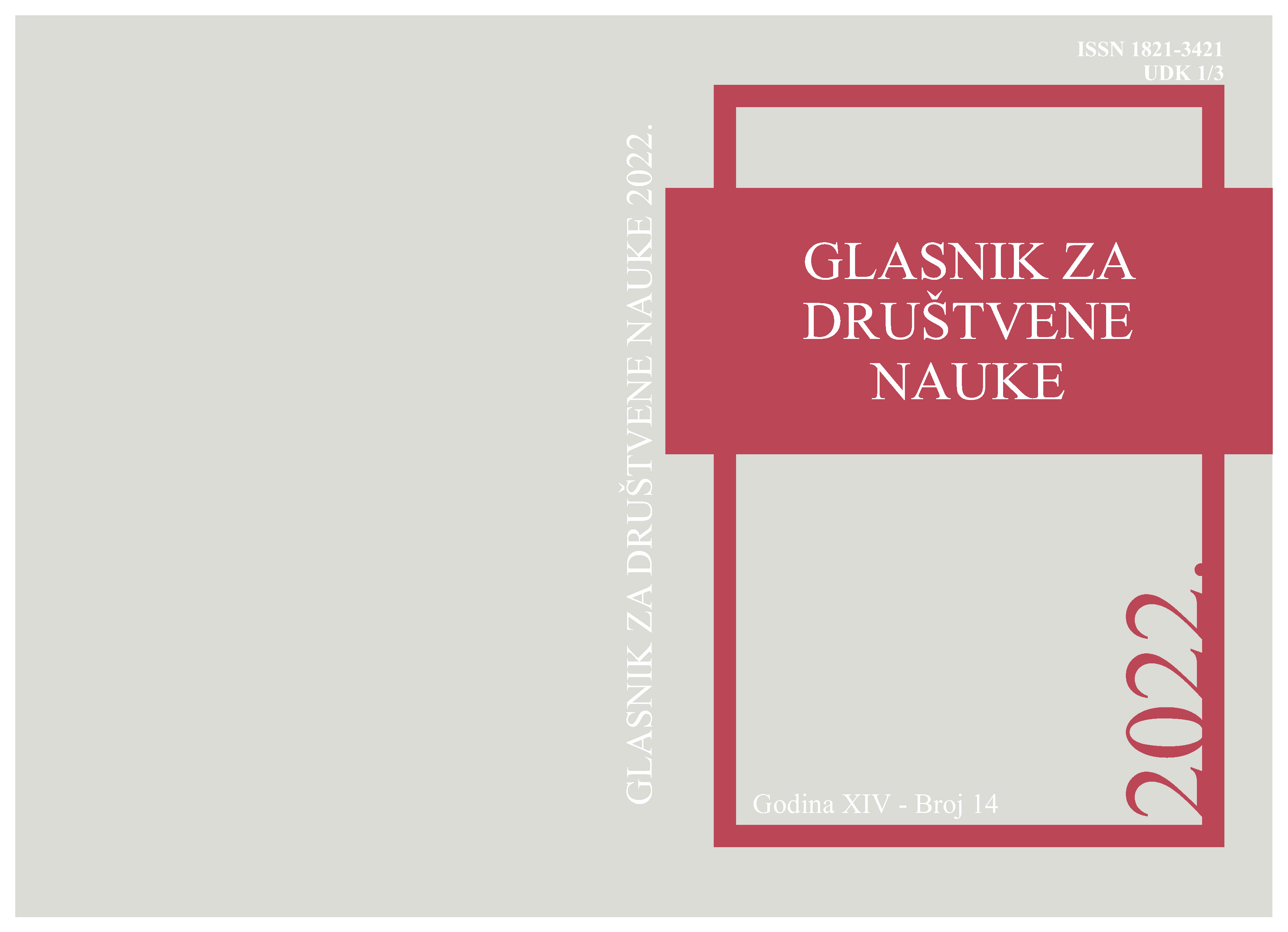MUKLI AVAZ IZ TAJNOG VILAJETA -Razmišljanja o istoriji, politici i rodoljublju
DEADLY MESSAGES FROM A GODFORSAKEN HINTERLAND - Reflections on History, Politics and Patriotism
Author(s): Ljubomir MadžarSubject(s): History, Between Berlin Congress and WW I
Published by: АЛФА БК УНИВЕРЗИТЕТ
Keywords: institutional order; international relations; national history; nationalist(ic) aspirations; patriotism; neocolonialism; neoliberalism
Summary/Abstract: This text is an expanded review of a newly published book (Dusanic 2018). Its purpose and focus is demonstration of the significance of the rule of law through examination of effects created by its abrupt introduction. While acknowledging that a number of important and relevant details are given in the book, its principal conclusions are decidedly challenged. The period covered by the book contains a monumental institutional change, taking over of Bosnia and Herzegovina (B&H) by Austro-Hungarian Empire (K&K), which was a unique and precious change, conducive to examining the effects of this institutional overhaul on the economy and through wellknown interdependencies on other spheres of social life. This extraordinary opportunity went unutilized and the chance to examine the performance of alternative institutions was wasted. The next criticism relates to the treatment of K&K occupation as an event, which badly damaged the Serbian national interests and prevented unification of Serbs with their home country Serbia. It is argued here quite to the contrary: the precious jump from the primitive, pre-civilization environment of the Ottoman Empire to the advanced and civilized society of the K&K has certainly brought significant betterment for all inhabitants of B&H and the author failed to bring out this crucial fact. His critique of the K&K impact, with reference to the fact that the occupation prevented all-Serbian unification, is simply ill conceived. It is also argued that unification of Bosnian and other Serbs with Serbia was not a feasible historical option and the absence of unification is not a legitimate reason for disparaging a truly favourable social change. Very unfavourable comments are also made at the badly implemented composition of the book, with incorporated large chunks of material, which are completely unrelated to the subject matter, and the purpose of the book. Such are, among other, his digressions on so-called neoliberalism and neo-colonialism. He blames these two worldwide arrangements for all principal evils of the present age without even bothering to define them. The reader is at pains in making out what the author is speaking about and it is questionable whether the author himself is conscious and clear in this respect.
Journal: Glasnik za društvene nauke
- Issue Year: 14/2022
- Issue No: XIV
- Page Range: 15-72
- Page Count: 58
- Language: Serbian

